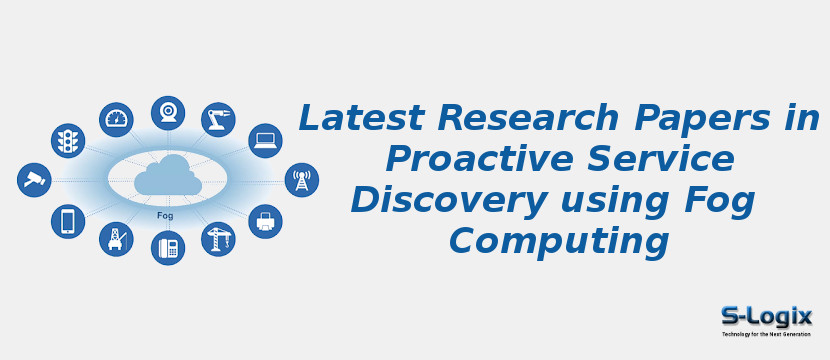Proactive service discovery using fog computing is an emerging research area that aims to identify, predict, and provide services to end-users or IoT devices in advance, ensuring reduced latency, seamless connectivity, and improved Quality of Service (QoS). Research papers in this domain focus on frameworks and algorithms that leverage context-awareness, mobility patterns, and predictive analytics to proactively discover and allocate services before user requests are initiated. Studies explore techniques based on machine learning, deep learning, and reinforcement learning to forecast service demand, anticipate resource availability, and dynamically adapt to network and user behavior. Recent works highlight proactive service discovery in multi-tier fog–edge–cloud architectures, ensuring that mission-critical and latency-sensitive applications, such as healthcare monitoring, autonomous vehicles, and industrial IoT, receive uninterrupted support. Security- and privacy-preserving mechanisms are also integrated to ensure trust and data protection during service discovery. Applications include smart cities, intelligent transportation systems, AR/VR, and real-time multimedia streaming, where anticipating user needs in advance significantly improves performance and user experience. Overall, research in proactive service discovery using fog computing enhances adaptability, responsiveness, and resilience in distributed environments, enabling smarter and more efficient next-generation systems.
